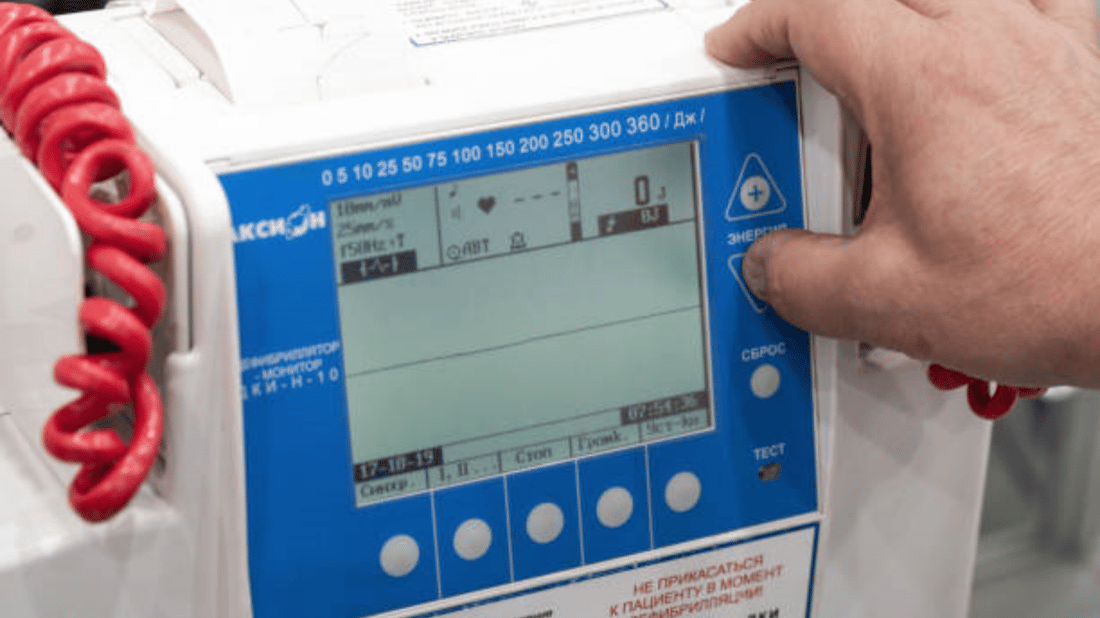Introduction to Vibrometers
Vibrometers are a valuable tool used in various industries to measure vibrations in structures and machinery. They play a crucial role in ensuring the safety and efficiency of equipment by detecting any anomalies in vibration levels.
Types of Vibrometers
There are several types of vibrometers available, including laser vibrometers, piezoelectric vibrometers, and accelerometers. Each type has its unique characteristics and applications, but they all work based on the same principle of measuring vibrations.
Working Principle of Vibrometers
Vibrometers work by detecting tiny fluctuations in movement or vibrations and converting them into electrical signals. These signals are then processed and analyzed to provide valuable insights into the frequency, amplitude, and direction of vibrations.
Laser Vibrometers: Optical Measurement
Laser vibrometers use laser beams to measure the velocity and displacement of a vibrating surface. They are highly precise and non-contact, making them ideal for delicate and sensitive measurements in research and industrial settings.
Piezoelectric Vibrometers: Mechanical to Electrical Conversion
Piezoelectric vibrometers rely on the piezoelectric effect to convert mechanical vibrations into electrical signals. This type of vibrometer is commonly used for high-frequency vibration measurements in structures and machinery.
Accelerometers: Motion Detection
Accelerometers are another type of vibrometer that measure acceleration forces caused by vibrations. They are often integrated into devices to monitor vibrations in real-time and provide instant feedback on the health of equipment.
Frequency Analysis: Identifying Vibrational Patterns
One of the key functions of vibrometers is to conduct frequency analysis to identify specific vibrational patterns. This helps engineers and researchers diagnose potential issues and implement preventive maintenance measures.
Applications of Vibrometers
Vibrometers are widely used in industries such as aerospace, automotive, civil engineering, and manufacturing to monitor the performance of equipment, detect faults, and prevent costly breakdowns. They are indispensable tools for ensuring the reliability and safety of machinery.
Calibration and Maintenance
To ensure the accuracy of vibrometer measurements, regular calibration and maintenance are essential. Periodic checks and adjustments help to maintain the precision and reliability of the vibrometer, enabling consistent and accurate measurements.
Future Developments in Vibrometry
As technology continues to advance, so do vibrometers. Researchers are constantly exploring new techniques and technologies to improve the performance and capabilities of vibrometers, making them even more valuable for a wide range of applications.
Quote Inquiry
Contact us!

